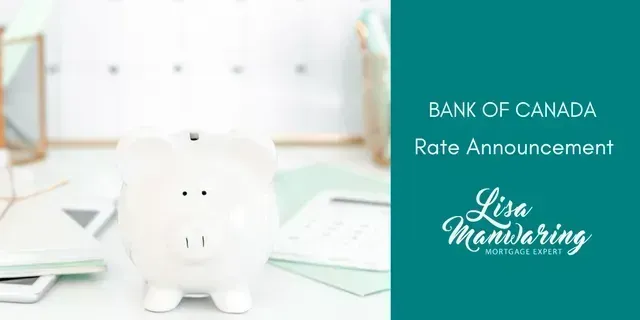Finding the Right Home Without Blowing Your Budget
If you have been looking to find the right first home within your budget, it's a matter of mind over money, here's some tips from Genworth Financial that will help you keep perspective!
It’s hard to say “goodbye” to your dream home. But if you fall for a house that’s out of your budget, that’s exactly what you should do. Don’t ask your mortgage broker to get you approved for a larger mortgage, and don’t stew over the one that got away.
Responsible homeownership includes knowing what you can comfortably afford, setting a budget, and buying within it. If you take on a budget-hammering mortgage, you’ll be left with little discretionary income or emergency funds.
Exercising self-control is crucial. Shopping for your first home? Use our top 3 tips to stay budget-focused:
Avoid a multiple offer situation
If a great house is priced low for its neighbourhood, chances are the sellers want to generate a lot of interest and ultimately create a bidding war. If the list price is near the top of your budget, save yourself the anxiety – and probable disappointment – of bidding.
If it’s well under your budget, put in your one best offer. If the seller comes back inviting another offer, don’t bite. Move on.
Shop with your head, not your heart
A common mistake first-timers make is getting too emotionally investedin the home-buying process. Avoid that!
- Don’t fall in love with a house that’s not yours.
- Don’t let your ego push you into a bidding war because you “are in it to win it.”
- Do go house hunting when you’re rested, fed and level-headed, not tired, stressed out or “hungry” (so hungry you’re borderline angry).
Finally, remember it’s a starter home
According to Genworth Canada research, 50% of first-time homebuyers view their first home as a starter home and plan on moving within the decade .Those years go by quickly when you’re living your life, raising a family, and completing home improvement projectsthat increase the enjoyment of your home.
Buy conservatively (a good-enough home you can comfortably afford), build equity over the next decade, and hit the market when you’ve got the means to hunt for your blue-sky-perfect forever home.
This article: Mind over money: Find the right home without blowing your budget was originally published by Genworth Canada on homeownership.ca here.
RECENT POSTS





